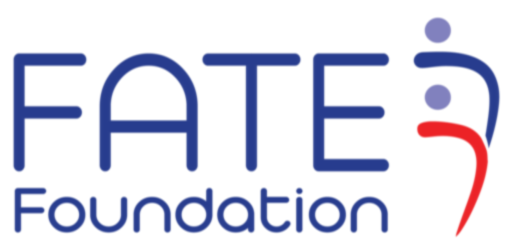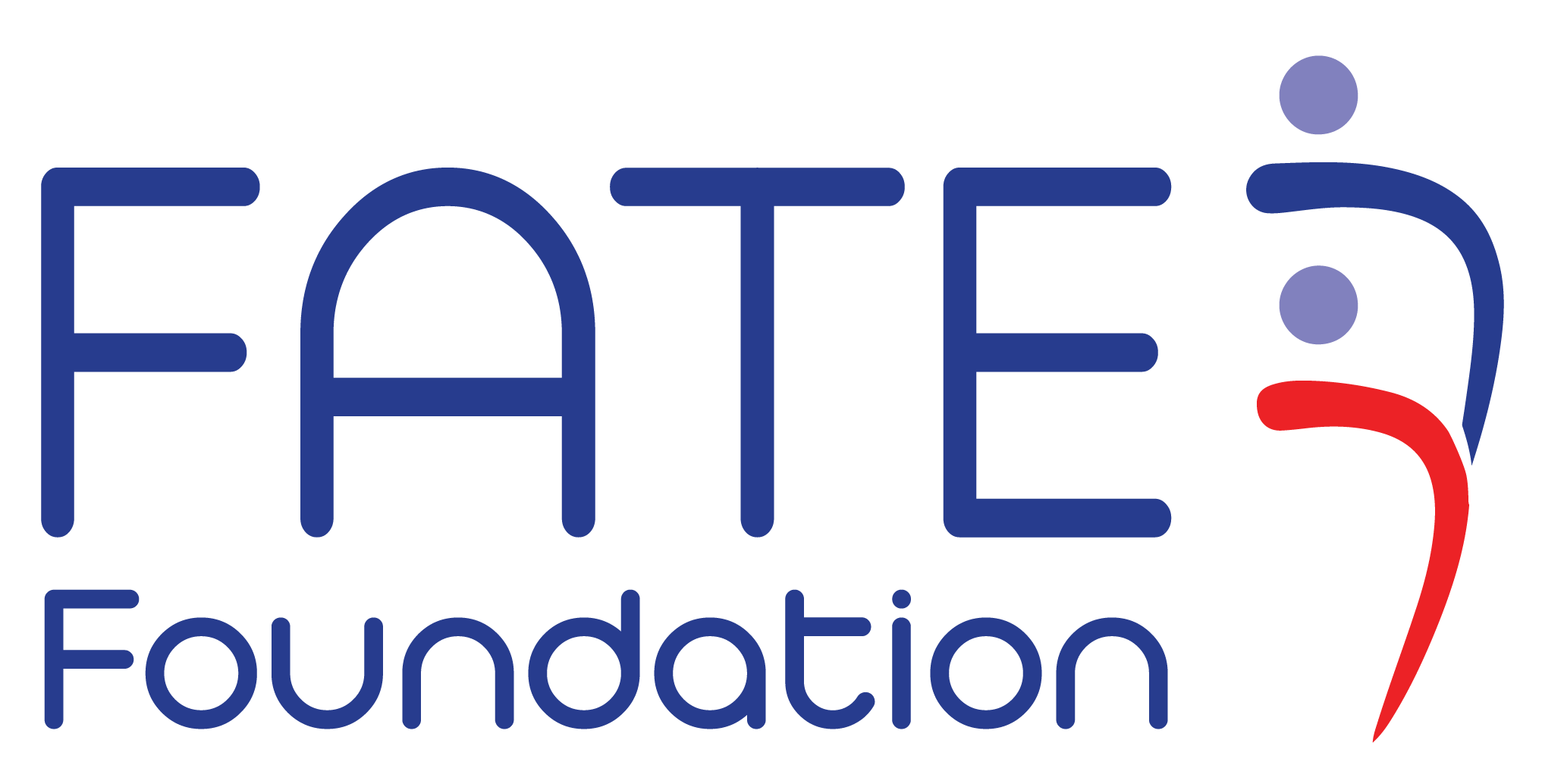About FATE Foundation
We are Nigeria’s foremost business incubator and accelerator program with a goal to enabling aspiring and emerging Nigerian entrepreneurs to start, grow and scale their businesses.
We were founded in 2000 by Fola Adeola to harness the high potential entrepreneurship culture of Nigerians to spur job creation, economic development and social impact.
Please email info@fatefoundation.org for additional details or enquiries.

- FATE Foundation was formally incorporated in March 2000 as a Company Limited by Guarantee under the Nigerian Corporate Affairs Commission (RC 393730).
- We were founded by Fola Adeola (Founder & Pioneer Managing Director/Chief Executive Officer, GTBank) with the support of other leading private sector leaders committed to fostering sustainable entrepreneurship. Mr. Fola Adeola remains very active in leading the Board of Directors to deliver on the organisation’s founding mission and mandate. Please read his full profile here.
- We harness the strong entrepreneurial culture of Nigerians by providing the business incubation, growth and accelerator support required to fully explore their innovative potential.
- Our sustainability model is driven by funding and technical support from local and international partners and enabled by a strong volunteerism strategy.
- 2000: Formal incorporation of FATE Foundation as a Company Limited by Guarantee under the Corporate Affairs Commission and launched Nigeria’s largest and longest-running pre-incubator program the Aspiring Entrepreneurs Programme (AEP) for young entrepreneurs/startups.
- 2001: Launched the Emerging Entrepreneurs Programme (EEP) for growing businesses. Established FATE Consulting unit to provide business support and advisory services for our entrepreneurs.
- 2002: Won the World Bank Business Plan Competition and opened the Port Harcourt Branch to focus on enterprise creation in the Niger Delta.
- 2006: Reached 1,000 new businesses. Published FATE Small Business Handbook Series.
- 2010: Impact Assessment Study of FATE Alumni indicates 65% still in business with average of 4 jobs created.
- 2011: Piloted the Institute for Venture Design (IVD) in Abeokuta in Partnership with the Stanford Center for Design Research.
- 2015: Commenced entrepreneurship ecosystem Research and Policy Advocacy and held the inaugural Annual Policy Dialogue Series on Entrepreneurship.
- 2016: Reached 5,000 businesses and 100,000 youth supported. Held the 1st FATE Annual Alumni Conference converging Alumni from inception to date.
- 2017: Joined Youth Business International (YBI). Launched org to be the #1 online resource for entrepreneurs. Published the 1st Entrepreneurship Ecosystem Mapping Study.
- 2017: Received our first grant from the African Capital Alliance (ACA) Foundation to launch the ScaleUp Lab Accelerator Programme to scale high growth potential agribusinesses.
- 2018: Launched the Sky’s The Limit virtual mentoring and advisory platform supported by Accenture and YBI. Got technical Support from ACCA Nigeria for Financial Literacy.
- 2018: Supported by Facebook and Citi Foundation to expand the AEP to non-Lagos cities.
- 2018: Partnered with the Global Alliance for Improved Nutrition and the Scaling Up Nutrition Business Network to accelerate high growth potential businesses in the nutrition and food safety space through the NutriPitch – Nutrition Accelerator Programme for Businesses in the Food Safety and Nutrition Space.
- 2019: Implemented the Orange Corners, Lagos supported by the Embassy of the Kingdom of the Netherlands, Nigeria and the Orange Corners Project.
- 2020: Celebrated our 20th Anniversary. Published the Nigerian Entrepreneurs Handbook Series of 7 Books; launched the Journeys in Entrepreneurship Podcast and Video Series.
- 2021: Launched the online Entrepreneurship certificate course Innovate, Create, Grow

SDG 4 – Quality Education: Eliminate gender disparity in education and substantially increase the number of youth and adults who have relevant skills, including technical and vocational skills, for employment, decent jobs and entrepreneurship.

SDG 8 – Decent Work and Economic Growth: Promote development-oriented policies that support productive activities, decent job creation, entrepreneurship, creativity and innovation, and encourage the formalization and growth of MSMEs including through access to financial services.

SDG 9 – Industry, Innovation and Infrastructure: Increase the access of small-scale industrial and other enterprises, in particular in Nigeria to financial services, including affordable credit, and their integration into value chains and markets.



